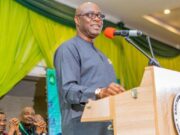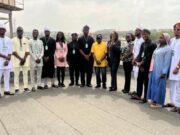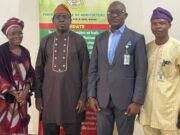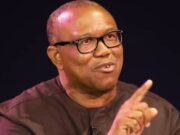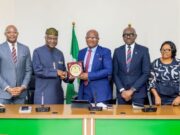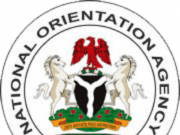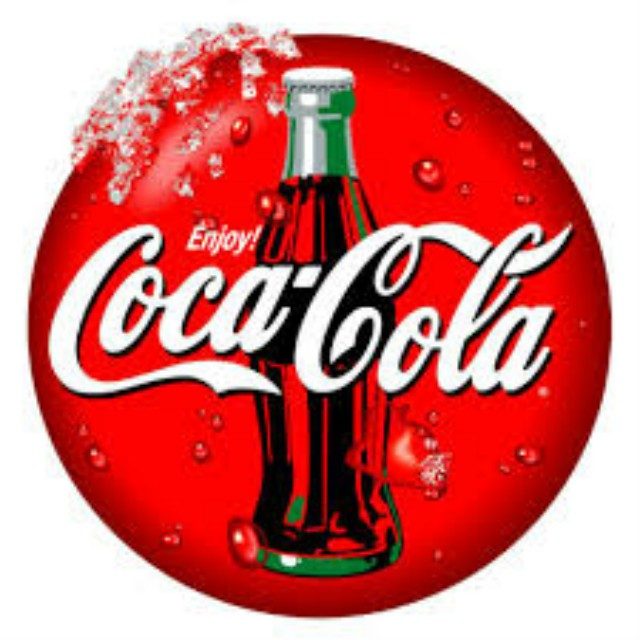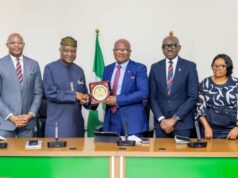A coalition has evolved from a four-member group to 30 big organisations with a commitment to build a sustainable recycling economy for food and beverage packaging waste.
FBRA and its members have been able to shape public policy and take action that supports a circular economy and the evolution of waste management in Nigeria.
The organisation’s water leadership efforts supports its climate targets by not only helping to reduce carbon emissions through efficiency and reuse but also creating significant ecosystem and carbon benefits through nature-based solutions and replenishment.
The company in 2021, announced a holistic water strategy which aims to achieve water security across its operations, local watersheds and communities.
The goals related to the strategy’s key focus areas include the need to achieve 100% circular water use – or regenerative water use across 175 facilities identified as “leadership locations” by 2030.
Work with partners to help improve the health of 60 watersheds identified as most critical for the company’s operations and agricultural supply chains by 2030.
Analysts say the aim is to return a cumulative total of 2 trillion liters of water to nature and communities globally, between 2021 – 2030.
In driving goal 3, The Coca-Cola Foundation’s flagship program, Replenish Africa Initiative (RAIN) was introduced to address Africa’s water challenges through healthy watershed programmes and community water programs.
The pan-African programme aligns with the company’s global vision to replenish water in communities they operate and source ingredients through strategic partnerships in order to deliver sustainable projects, aimed at achieving the Sustainable Development Goal 6 which is clean water and sanitation for all.
Credit: thenationonlineng.net









